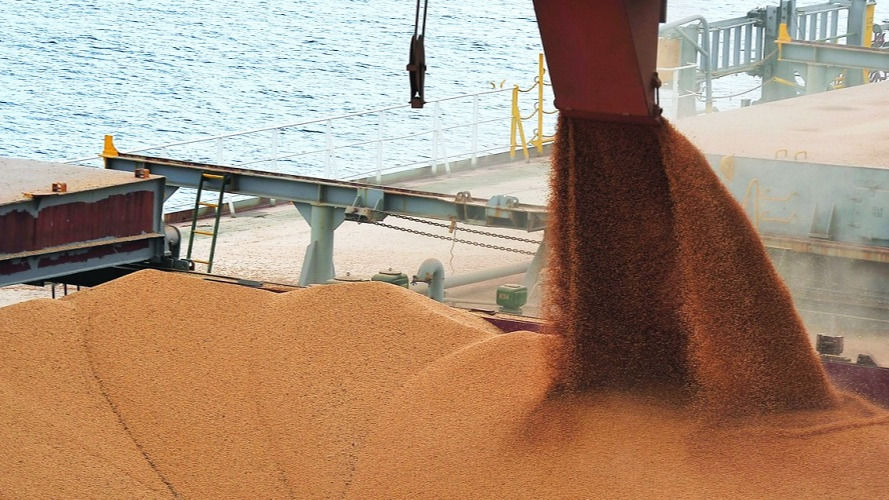Brazilian Exports to Arab League Surge 26% in First Half of the Year, Outpacing Global Sales
- Ipasai News

- Aug 1, 2024
- 2 min read

In the first half of the year, Brazilian exports to the Arab League markets soared by 25.8%, reaching a total of USD 11.217 billion, as reported by the Arab-Brazilian Chamber of Commerce. This impressive growth starkly contrasts with Brazil's overall export performance, which saw only a modest increase of 1.4%, totaling USD 167.608 billion. The sluggish growth was primarily due to the depreciation of key commodities like sugar, soybeans, and corn, which, despite record production, faced reduced demand from China.
According to the Arab-Brazilian Chamber of Commerce, the robust export growth to the Arab League signals the region's economic resilience, particularly among the Gulf countries. These nations have been actively seeking to keep their economies vibrant by reallocating domestic resources and attracting foreign capital to sustain state-driven investments aimed at economic transition toward a post-oil era.
"The rise in exports to the Arab League indicates that the main economies within the bloc remain robust, with a strong demand for food both for domestic consumption and re-export activities, which are currently a significant component of Gulf economies. Additionally, iron ore is in demand for infrastructure projects," stated Tamer Mansour, Secretary-General of the Arab-Brazilian Chamber of Commerce.
However, Mansour pointed out the limited presence of Brazilian products in higher value-added segments. He highlighted the example of sugar exports to the United Arab Emirates. Much of this sugar serves as raw material for one of the world's largest refineries in Dubai, where it is refined, packaged, and re-exported to other Arab League countries, Africa, and even former Soviet republics.
Another example cited by Mansour is the export of live cattle to the region, essentially supplying raw material for meatpacking industries that cater to markets demanding value-added products. "Some countries are addressing this issue by establishing subsidies for value-added production, akin to existing agribusiness financing, viewing this effort as an investment in their competitiveness," he emphasized.
Mansour also noted that recent diplomatic efforts by Brazil in Gulf countries have fostered an environment conducive to bilateral investments, potentially increasing the flow of value-added products between the regions and gradually altering the current trade profile.
He highlighted Embraer's efforts to expand its presence in Saudi Arabia, potentially selling the KC 390 military transport aircraft, which would involve transferring part of the aircraft's production to the Arabian Peninsula.
Mansour also mentioned the Mataripe Refinery in Bahia, which, after its acquisition by the Emirati fund Mubadala, began exporting increasing amounts of petrochemical derivatives to the UAE, a trend monitored closely by the Arab-Brazilian Chamber's export statistics. Moreover, BRF's initiative to form a joint venture in Saudi Arabia to enter the halal food market, JBS's investment in a chicken nuggets factory in Jeddah, and the Qatari Nebras Power's green energy venture in Brazil with CEI Energética are notable developments.
"Brazil is successfully expanding its value-added exports thanks to these partnerships, which are expected to grow more intense moving forward, becoming increasingly reciprocal on both sides of the bilateral relationship," Mansour concluded.






Comments